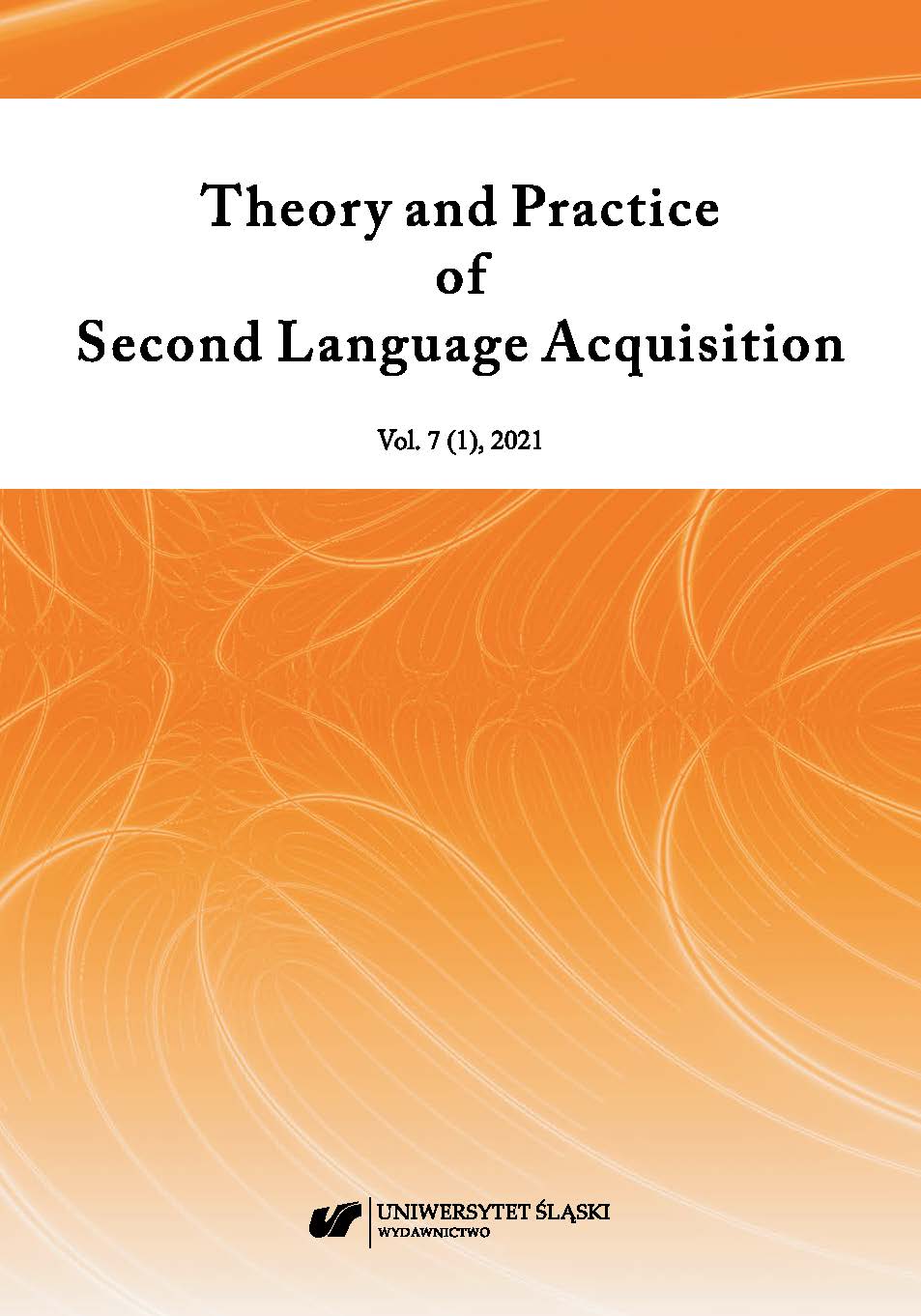A Habermasian Approach to the Examination of Language Teachers’ Cognitive Interests
A Habermasian Approach to the Examination of Language Teachers’ Cognitive Interests
Author(s): Maria Villalobos-BuehnerSubject(s): Politics / Political Sciences, Philosophy, Education, Foreign languages learning, Theoretical Linguistics, Applied Linguistics, Sociology, Language acquisition
Published by: Wydawnictwo Uniwersytetu Śląskiego
Keywords: pre-service language teachers; cognitive interests; technical interests; practical interests; emancipatory interests; Habermas
Summary/Abstract: Language teacher educators train pre-service teachers in numerous theories and pedagogical practices of language learning and language teaching. They expect that their student teachers will translate this conceptual and practical knowledge into action during their practicum. However, in the process of determining pre-service teachers’ readiness for the field experience and the profession in general, methods classes measure only their conceptual knowledge and omit looking at their student teachers’ belief system about language teaching and learning. This belief system is a strong indicator of how the students organize their knowledge for application (Borg, 2003) and may help teacher educators gauge students’ read ness in the use of new pedagogies that these pre-service teachers may not have experienced before. Using two reflective essays and a piece of authentic assessment as instruments to gather data, as well as Jürgen Habermas’s theory on cognitive interests as a framework to explore the espoused beliefs of nine pre-service language teachers at the end of a methods course, this qualitative study addressed the following questions: What levels of cognitive interests do the nine pre-service world language and ESL teachers exhibit prior to student teaching? To what extent do the students’ levels of cognitive interests change during the methods course called Teaching a Second Language? What are the most common cognitive interests regarding such areas of teaching performance, such as methodology and assessment among the participants? The results show that the nine pre-service teachers held mostly technical and some practical cognitive interests at the beginning of the semester. In the end, most of the participants held practical interests, and three out of the nine pre-service teachers held elementary emancipatory beliefs. One pedagogical recommendation is to include experiences in the training of pre-service teachers that promote emancipatory beliefs that could support teachers in their pursuit of transforming challenging social conditions while examining and adopting new pedagogies.
Journal: Theory and Practice of Second Language Acquisition
- Issue Year: 1/2021
- Issue No: 7
- Page Range: 11-32
- Page Count: 22
- Language: English

